In a move aimed at curbing black money in real estate transactions, the Real Estate Regulatory Authority (RERA) Haryana has started referring cases involving cash payments above Rs 2 lakh to the Income Tax Department for further investigation. A recent order from the Panchkula bench highlights the authority’s intent to ensure transparency and protect homebuyers’ rights.
The case involved Jasvir Singh, a resident of Panipat district, who had booked a 2BHK+study flat in the 'Harmony Homes' project, an affordable group housing development at Sector 40, Panipat. The total sale consideration for the flat was Rs 23,50,000. While an initial payment of Rs 1,18,537 was made through cheque, Singh paid Rs 10 lakh in cash to the developer, Real Heights Developers, represented by director Sanjay Gupta.
The complainant presented a complete record of his income and a receipt issued by the developer for the cash payment. Despite this, the developer refused to provide a specimen signature for verification of the receipt, prompting Singh to approach RERA Haryana for relief.
The complaint was registered on July 6, 2020, under provisions of the RERA Act, which obligates promoters to fulfil responsibilities and functions towards allottees as per agreed terms. The case was heard by RERA members Geeta Rathee Singh and Chander Shekhar at the Panchkula bench.
The developers contested the claim, arguing that Singh had refused the flat on the 14th floor and wanted a unit on the second floor instead. They further alleged that the Rs 10 lakh cash receipt was forged. The authority examined the evidence, noting that the stamp on the cash receipt matched the stamp used for the cheque payment and that Sanjay Gupta had refused forensic verification of his signature. Meanwhile, the complainant disclosed the legitimate source of the cash deposited.
After reviewing submissions from both sides, the authority concluded that the promoters had attempted to evade responsibility by disputing the cash payment, which had been made prior to allotment. RERA observed that cash transactions exceeding Rs 2 lakh were prevalent and that such practices undermine confidence in the regulatory system. The bench directed the developer to refund the Rs 10 lakh along with Rs 7.73 lakh in interest, calculated at an annual rate of 10.9%.
The authority also decided to refer the matter to the Director General of Investigation, Sector 17, Chandigarh, for further action under applicable tax and legal provisions. The move underlines RERA Haryana’s commitment to enforcing transparency in property transactions and deterring malpractices by promoters.
Real estate experts noted that the order could serve as a warning to developers who rely on cash transactions to bypass regulatory oversight. By ensuring proper documentation and timely refunds, such cases reinforce the legal protections available to homebuyers under the RERA Act.
This ruling is likely to impact property transactions across Haryana, particularly in affordable housing segments where cash payments are more common. Stakeholders have emphasised the need for strict adherence to RERA guidelines and proactive monitoring of high-value transactions.
Image source- hareraggm.gov.in



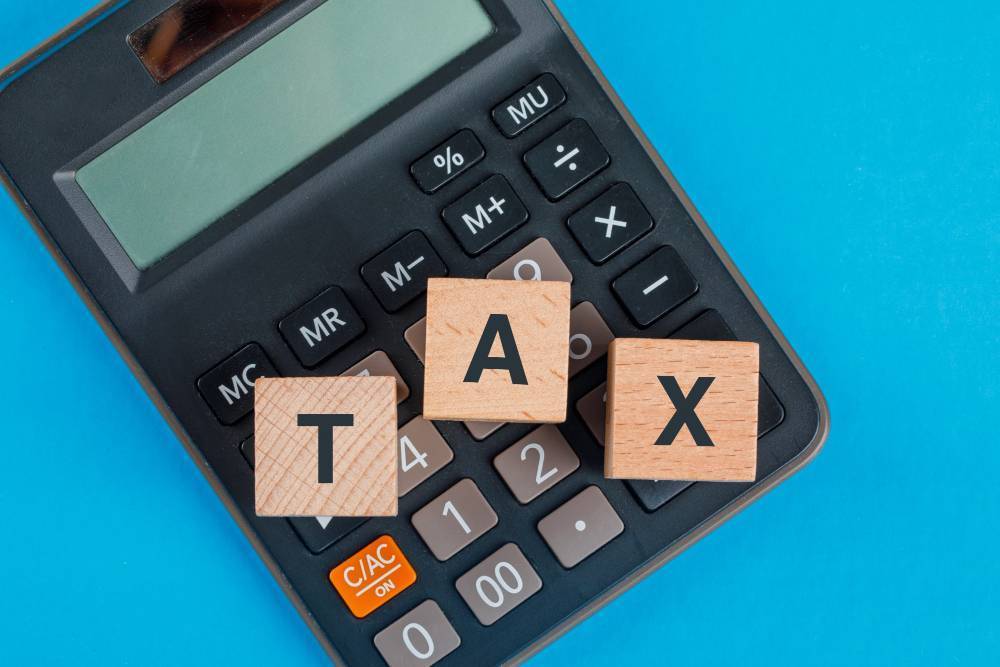
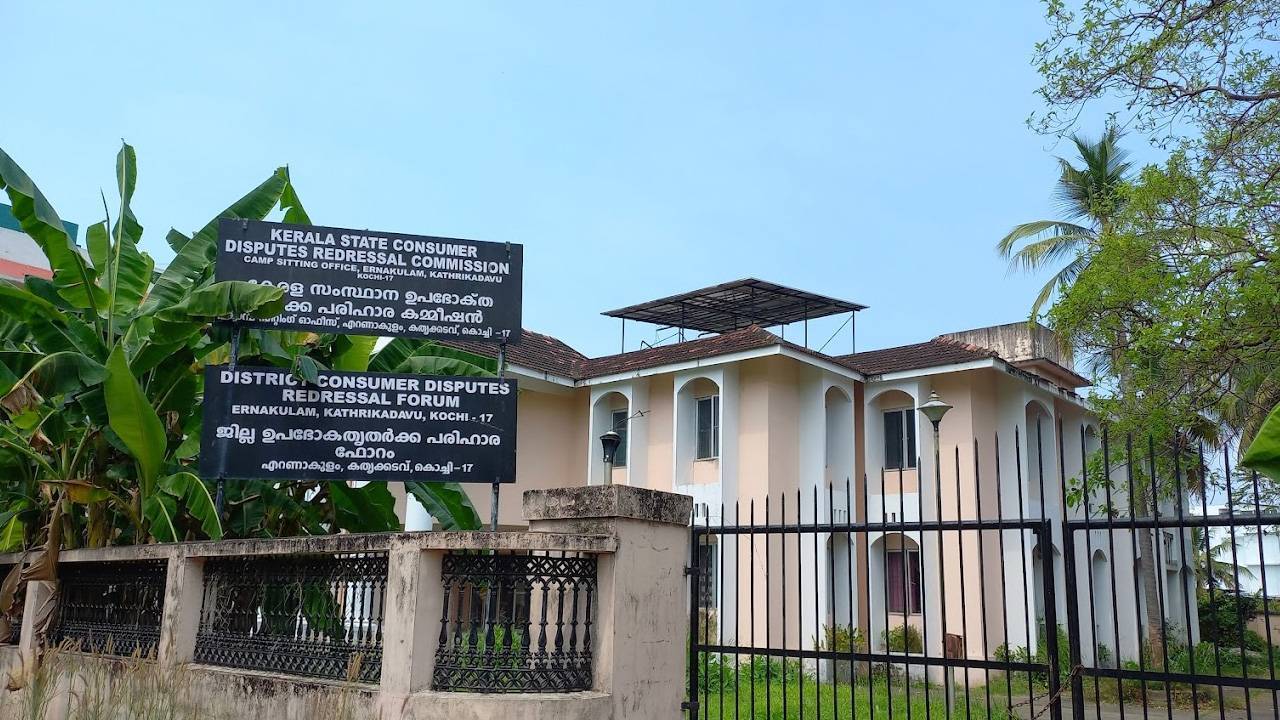
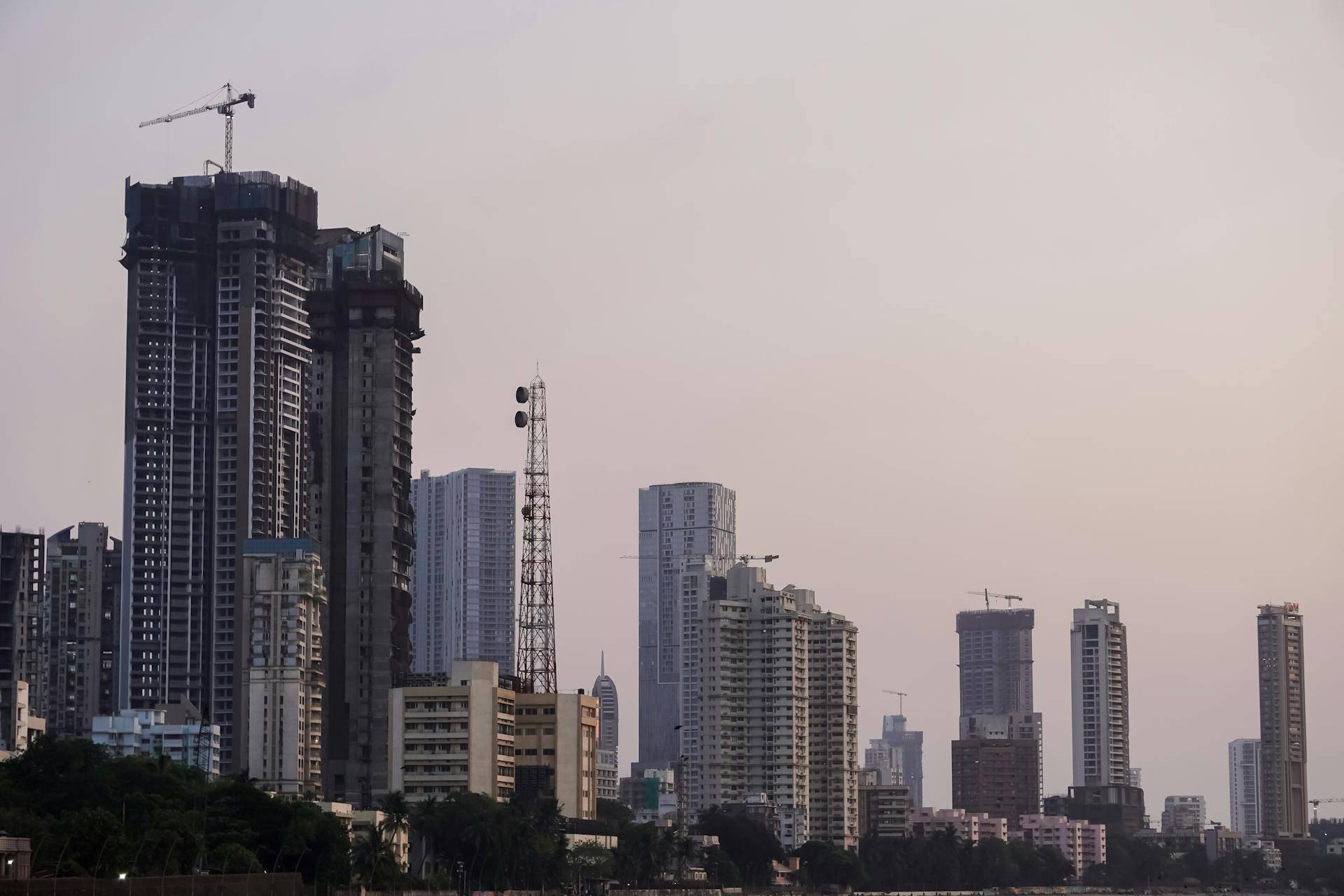
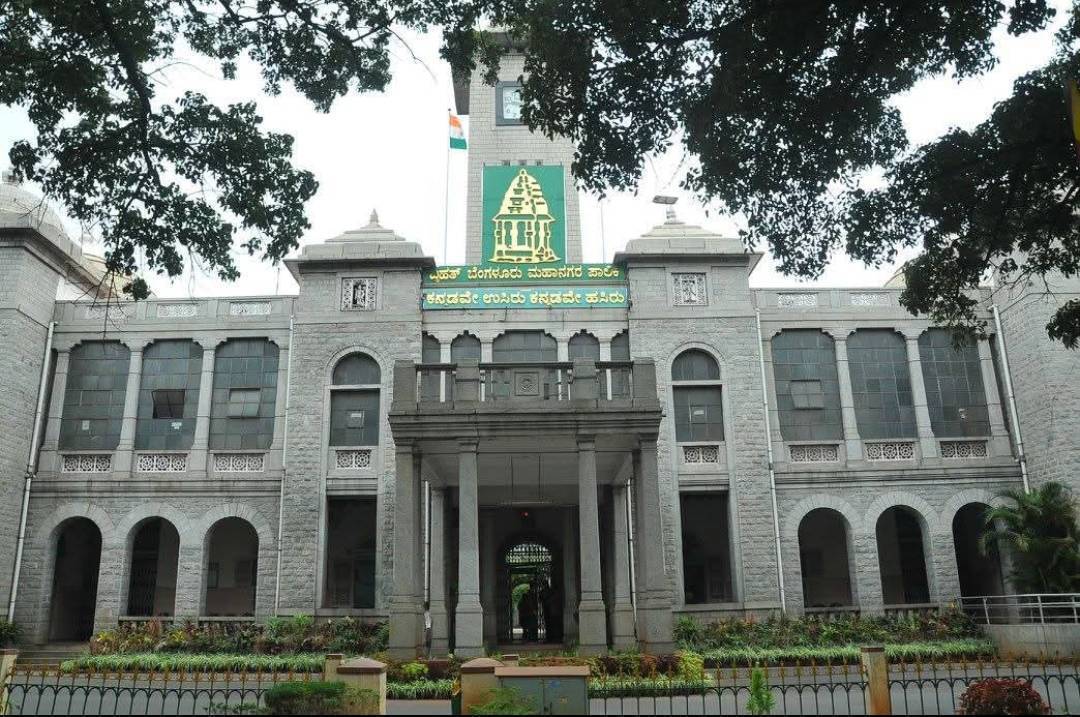

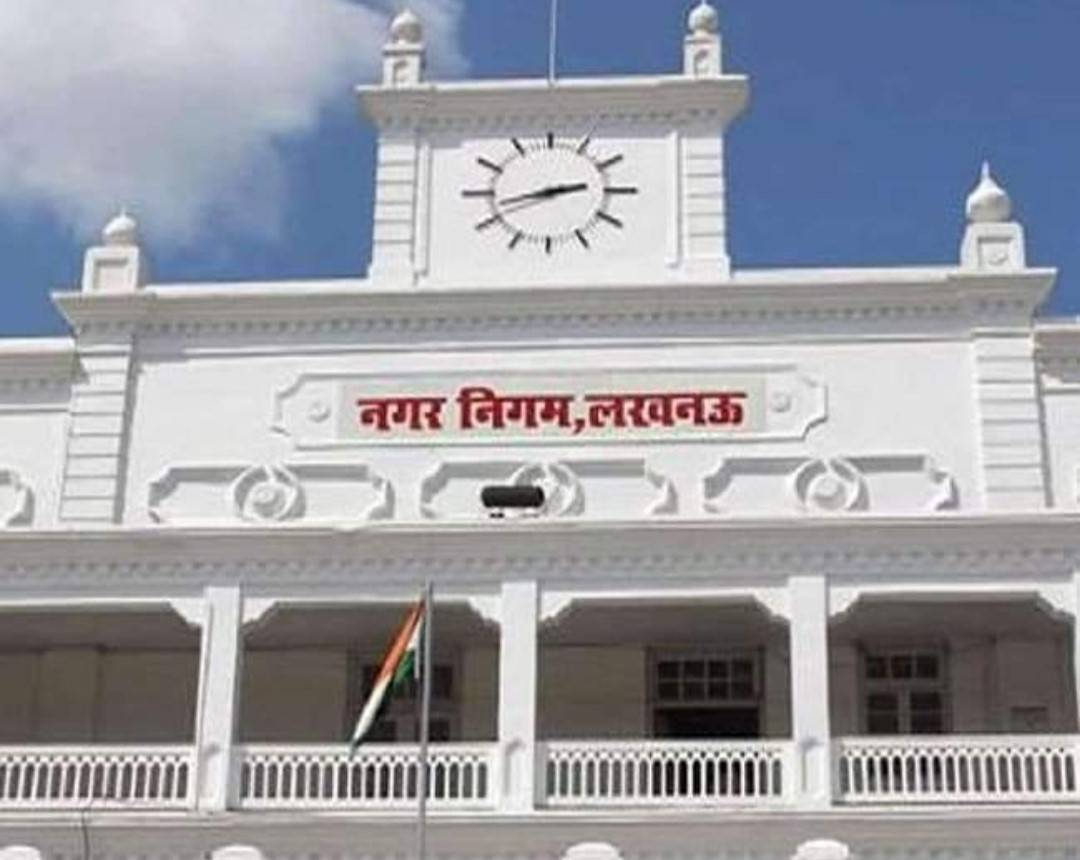
.png)